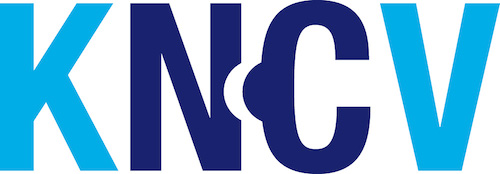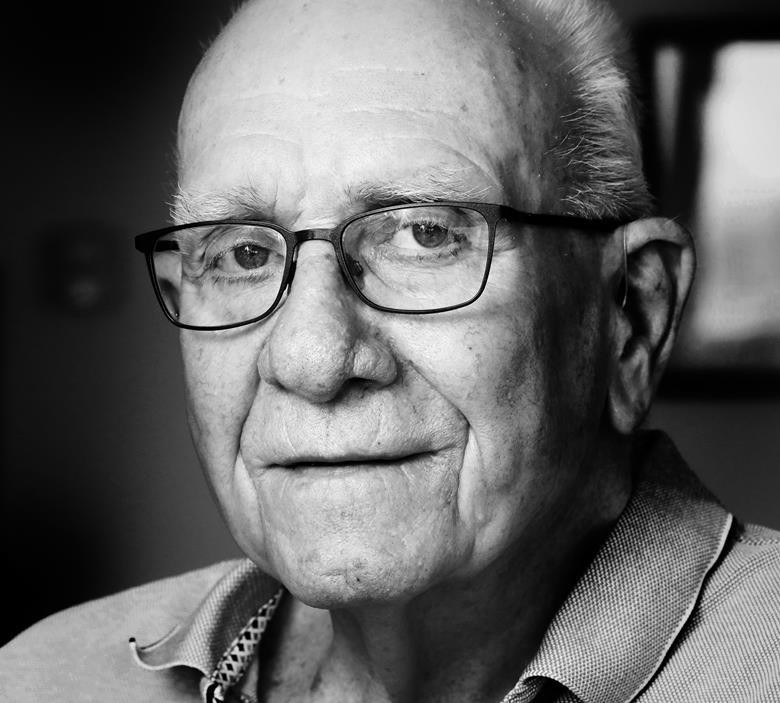With great sadness we inform you of the passing away of Prof. Wim C. Nieuwpoort on September 4th, 2024, aged 93.
Prof. Nieuwpoort was a professor of theoretical chemistry at the University of Groningen from 1968 until his retirement in 1996. Throughout his long career he has played an important role in the development of computational quantum chemistry and the emergence of computational science in a broader sense, both internationally and in The Netherlands. Upon his graduation from the University of Amsterdam in Chemical Physics he joined the Philips Research laboratories where he would stay until 1968. A significant part of his time at Philips was spent in the USA where he worked on theoretical chemistry research. This brought him into contact with many of the great names in quantum chemistry, including Robert S. Mulliken and Clemens Roothaan. This is also where he became convinced of the usefulness of powerful computers in science, and he has been a fierce advocate for the availability of supercomputer facilities ever since.
In 1965 prof. Nieuwpoort received his PhD for the thesis entitled ‘Charge distribution and chemical bonding in the metal carbonyls Ni(CO)4, [Co(CO)4]- and [Fe(CO)4]2-, a non-empirical approach’, for the first time reporting ab initio calculations on transition metal carbonyls. His research group made many groundbreaking contributions to the understanding of transition-metal and rare earth compounds and to the development of quantum chemical methodology, for instance in non-orthogonal CI calculations and the implementation of fully relativistic four-component SCF-CI methods in the MOLFDIR program.
Dating back to his time at Philips, Prof. Nieuwpoort has been a strong proponent for the use of computers in science, leading to the founding of the ‘working group on quantum-theoretical chemistry’ of the Dutch chemistry foundation SON (currently part of NWO, the Dutch Research Council) of which he was the chairman for two separate terms. In addition, he was involved in establishing the Centre Européen de Calcul Atomique et Moléculaire (CECAM) in Orsay, a successful organization for advocating theoretical chemistry in Europe. From 1971 to 1975 he served in the board of the Royal Netherlands Chemical Society (KNCV). From 1972 onwards, prof. Nieuwpoort chaired and served on a variety of national committees advising the Dutch government and the Dutch Research Council (NWO) on policies for the purchase of supercomputers for national use. Eventually this led to the establishment of the foundation for National Computing Facilities (NCF) funded by NWO, making supercomputer facilities available to Dutch universities through the national supercomputer center SARA (now SURFsara). SURFsara continues to be a key organization in the Dutch computational science landscape. After retiring in 1996, he remained active, attending weekly theoretical chemistry work discussions in Groningen, but also in formal roles in computational science as Interim director of SARA in 1997 and as the chair of the Board of the Institute of Mathematics and Computer Science at the University of Groningen from 1997 until 2007.
Prof. Wim Nieuwpoort will be remembered as a wise and kind person, a great teacher and a key figure in the emergence of computational science in the Netherlands.


